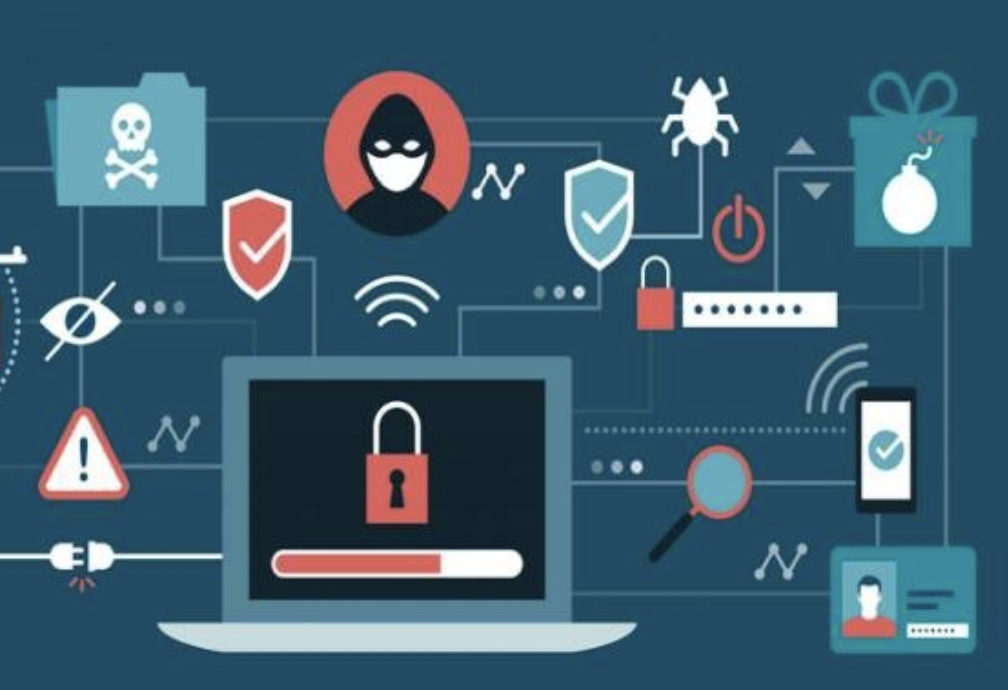Insights from the Recent Amberstone Security Data Breach
The recent breach of data at Amberstone Security Ltd has cast a spotlight on the vital necessity of preserving personal data integrity within the sphere of physical security. This breach, which exposed confidential details of security personnel and individuals suspected of theft, underscores the paramount importance of implementing robust data protection measures in the security sector.
Revisiting the Amberstone Security Data Breach
Amberstone Security Ltd, a distinguished provider of technological and physical security solutions, found itself at the center of a significant data breach. The breach entailed the exposure of more than 1.2 million documents, comprising a voluminous 245.3 GB of data. The compromised information encompassed:
- Personal Identifiable Information (PII): Including names, addresses, contact numbers, and birthdates of security operatives.
- Visual Documentation of Security Credentials: Such as photographic records of licenses and credentials issued by regulatory entities.
- Incident Logs: Offering detailed narratives of security-related occurrences.
- Profiles of Suspected Thieves: Comprising personal identifiers like names and birthdates.
The Crucial Role of Personal Data Protection in Physical Security
- Fostering Trust and Assurance: Security providers are entrusted with sensitive data by their personnel and clientele. Neglecting the safeguarding of this data erodes confidence in the ability of security entities to ensure the security of personal information.
- Mitigating Risks of Identity Fraud and Misuse: Personal data, once compromised, can be exploited by malevolent entities for identity fraud and other illicit purposes. The exposure of security personnel’s data poses heightened risks given the nature of their roles.
- Safeguarding Physical Well-being: The revelation of personal information poses tangible physical threats to security operatives, as malefactors could exploit this data to target them and compromise their safety.
- Preserving Professional Standing: The disclosure of incident logs and suspect profiles could tarnish the professional reputations of security personnel. Unsubstantiated claims or sensitive disclosures in incident logs could undermine the credibility of individuals involved.
- Adherence to Regulatory Standards: Conforming to data protection regulations, such as the General Data Protection Regulation (GDPR), is not only a legal mandate but also essential for upholding the trustworthiness and legitimacy of security organizations.
Extracting Lessons and Charting a Path Forward
The Amberstone Security data breach serves as a poignant reminder for the security sector to accord top priority to the protection of personal data. To chart a resilient path forward, security firms must:
- Strengthen Cybersecurity Protocols: Implement robust cybersecurity frameworks to fortify digital assets, including databases housing personal data.
- Empower Workforce through Training: Provide comprehensive training to staff members on data protection best practices and raise awareness about cybersecurity.
- Conduct Routine Assessments: Regularly audit and evaluate data protection mechanisms to pinpoint vulnerabilities and proactively address risks.
- Champion Transparency and Accountability: Foster a culture of openness and responsibility concerning data management practices to foster trust among stakeholders.
The recent breach of data at Amberstone Security Ltd serves as a poignant reminder of the critical significance of safeguarding personal data integrity within the domain of physical security. As custodians of sensitive information, security entities bear a solemn responsibility to uphold the privacy and security of individuals’ data. By implementing robust data protection measures and fostering a culture of accountability, the security sector can effectively mitigate risks and uphold the confidence of both internal stakeholders and external clients.




